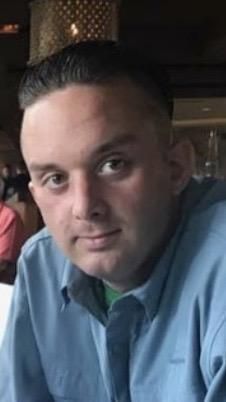Four years ago, Randy, my 31-year-old son, died. I took a wreath and tiny Christmas tree up to his grave the other day ― just as I have done every year since his death ― and I struggled to keep my grief in check. Getting in my car to leave, a friend who recently lost her husband sent me a message: “Thinking about you today! Does it ever get any easier?”
I wanted to give her hope. But there is no definition of “easy” that can be associated with the unexpected and tragic death of someone so beloved.
When Randy died, he was just 10 days away from receiving his college degree and had a terrific job awaiting him. He was engaged to the perfect woman for him. He’d been sober for two years. We’d had dinner together two days before his death. Just before I left, he’d given me his signature bear hug.
The following night, Randy went out to run errands, and his fiancee went to bed early with a headache. In the early morning hours, she found Randy dead on the kitchen floor from an accidental overdose of heroin and fentanyl. Where he went that night and why he did what he did is a mystery to most everyone who knew and loved him.
Sadly, it wasn’t a mystery to the many drug counselors who’d worked with Randy. Over the 12 years prior to his death, he’d entered and completed nine different stays at various rehab facilities. Things were looking great for him, and the theory these professionals have offered me is that he went out for one last blast — and the drugs killed my beloved son.
Courtesy of Karen Wallace Bartelt
Deaths from synthetic opioids like fentanyl skyrocketed to over 71,000 in 2021. To put this in perspective, approximately 58,220 U.S. military members died during the entire Vietnam War. Back then, there were anti-war protesters in the streets by the thousands ― citizens demanded something be done.
But today, this epidemic is barely acknowledged. There’s no outrage in the streets. The families who’ve lost their children in this battle are left behind with few, if any, answers. The casualties involved are often thought of as people who didn’t have enough self-control instead of victims of a fierce enemy.
So — does it get any easier? No way. But as another dear friend who also lost her son tragically told me, “The grief takes on a different shape.” It shifts. She is correct. There are now fewer days when…
Click Here to Read the Full Original Article at Women…

